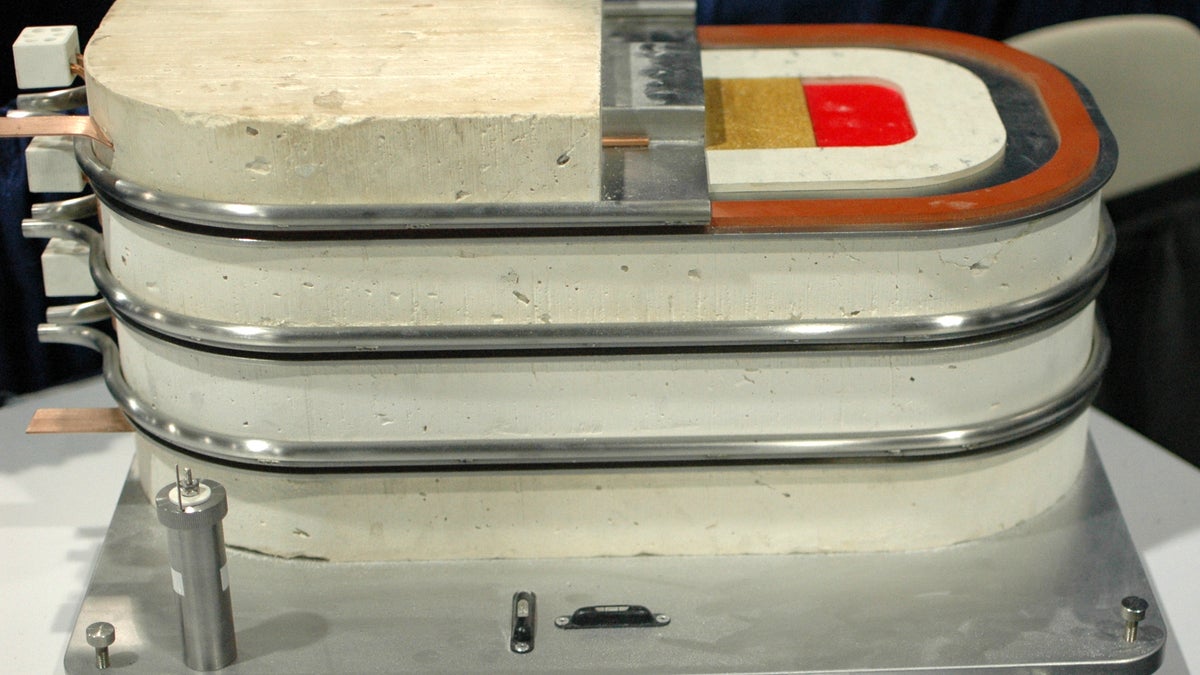Bill Gates calls for massive increase in energy research
Despite the threat of cuts to current energy research programs, Gates, in an editorial, says the U.S. should increase annual R&D from $5 billion a year to $16 billion for economic, national security, and environmental reasons.

Even though it's supposed to be a time of federal fiscal austerity, Bill Gates says its time to double down on energy research.
The software industry icon and philanthropist on Friday published an editorial in Science calling for a massive boost in federal energy research and development from about $5 billion a year now to $16 billion.
"In a time of economic crisis, asking policymakers in Washington, D.C., to spend more money might not be the most popular position. But it's essential to protect America's national interests and ensure that the United States plays a leading role in the fast-growing global clean energy industry," Gates wrote, noting that federally funded research in energy has dropped by more than 75 percent in the last three decades.
The editorial comes amid rancorous political fallout from failed solar company Solyndra, which received a large $535 million loan guarantee. A supercommittee formed to devise a long-term plan on balancing the federal budget appears unable or unwilling to come up with a compromise, which sets the stage for automatic, across-the-board budget cuts.
Gates is a member of the American Energy Innovation Council, which has attracted some the top business people in the U.S. to advocate for a larger government role in energy research. Some members include former Lockheed Martin CEO Norm Augustine, General Electric CEO Jeff Immelt, Xerox CEO Ursula Burns, and venture capitalist John Doerr.
Last year, the group called for a sharp increase in funding for research and development to improve the energy security of the country, boost its economy, and help preserve the environment.
In its most recent report, the American Energy Innovation Council said there needs to be a significant role for government energy research to spur technical innovation. The energy industry is different from other fields in that energy requires large amounts of capital, the field is not entirely competitive because of regulations, and utilities do not invest as much in research and development of new technologies.
That report also suggested ways to pay for a research funding increase, including eliminating current subsidies for fossil fuel industries, diverting royalties from domestic energy production, and charging fees on electricity use or a price on carbon emissions.
The primary focus of Gates and his philanthropy is health care and development, but he has invested in a handful of ventures directly in pursuit of what he calls an "energy miracle" needed to dramatically lower carbon emissions. He is an investor in nuclear company TerraPower, which wants to use waste from conventional nuclear plants as fuel, Liquid Metal Battery, an MIT spinoff that's developing a low-cost battery for storing solar and wind power, and algae fuel company Sapphire Energy.
"Energy transformations take generations. But if the United States begins in earnest today, the nation's energy challenges can be solved in ways that truly set America on a path of energy independence and that provide affordable energy for everyone, especially the poor," Gates wrote in his editorial.

